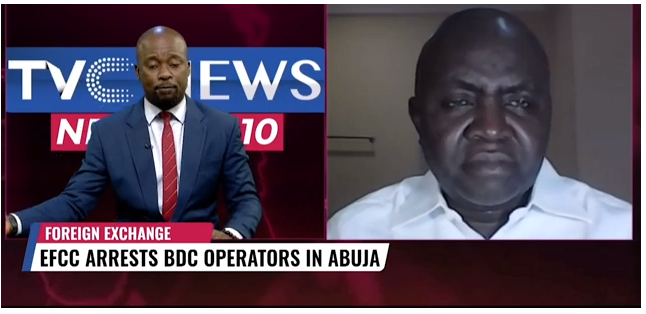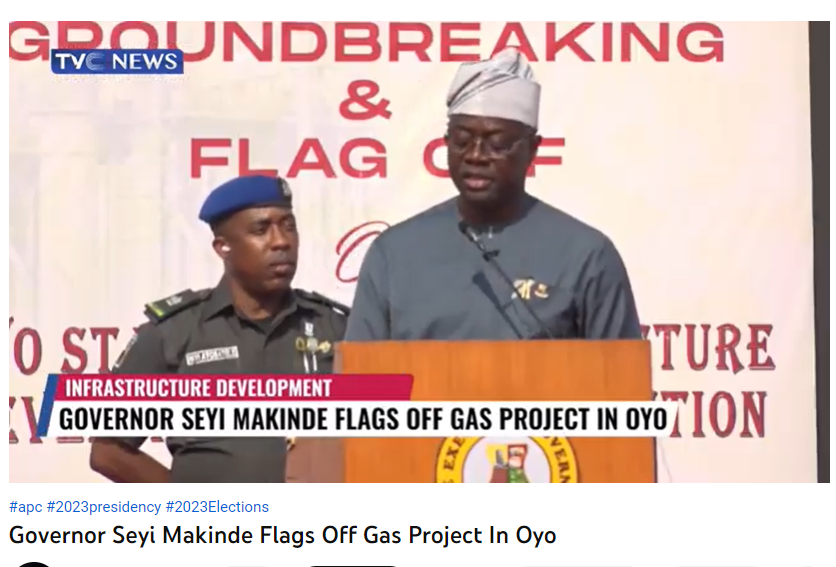The Economic and Financial Crimes Commission, EFCC said it has arrested some Bureau de Change operators in Abuja for suspected infractions and a lot of money in dollars was recovered as the BDC operators.
The Commission noted that the arrest was made as part of their efforts to sanitize the foreign exchange market and all shades of economic sabotage.
The EFCC’s Director of Operations, Abdulkarim Chukkol, stated this while fielding questions on a breakfast programme, ‘Good Morning Nigeria’, on Nigeria Television Authority.
Chukkol, who represented the anti-graft agency’s chairman, Abdulrasheed Bawa, was among other personalities invited to discuss the topic, ‘’Sanitizing Ungoverned Operators in the Forex Sector.”
According to him, EFCC’s arrest of BDC operators and currency speculators in the parallel market was not indiscriminate but a product of intelligence.
Chukkol said, “At the EFCC, we work with intelligence and with other stakeholders.When we talk of illegal forex operators, you cannot just invite people on the street even though sometimes you could, but generally, you do not have a choice but to make arrest.”
He stressed that the commission considered foreign exchange malpractice as an economic crime against the Nigerian state, adding that the commission, as far back as 2016, established a full-fledged section known as Foreign Exchange Malpractices Section and for over 10 years maintained visible presence at all airports in the country to checkmate incidences of bulk cash movement outside Nigeria.
“Through the commission’s presence at the major gateway into the country, many arrests of cash smugglers have been made and humungous sums in foreign currencies recovered.
However, reacting to the development on TVC News, Chief Executive Officer of the Centre for the Promotion of Private Enterprises and the immediate past Director General of the latest Chamber of Commerce and Industry, Dr. Muda Yusuf, said the move is within the confines of the EFCC’s responsibilities, especially within the context of money laundering.
“Well, it is within the confines of the responsibilities of the EFCC, especially within the context of money laundering, perhaps we can excuse some of the actions that have been taken by the BDC, but it’s important that these things are situated squarely within the confines of the rule of law. That is very key. But with respect to foreign exchange, I think there are more fundamental issues that need to be addressed and these issues are far beyond the purview of the FCC. First, there are the fundamental issue of productivity and competitiveness in the economy because it is true productivity that you can increase your capacity to earn foreign exchange. It is true productivity that you can increase the capacity of the economy for impact substitution. That is one major fundamental thing that we need to deal with.”
Speaking further on the planned redesign of the naira, Dr Yusuf said he was developing second fundamental factor that Nigerians need to deal with. “Well, it’s certainly not. And I was also developing the second fundamental factor that we need to deal with, okay, which is related to the question you have asked, is about the dysfunctional foreign exchange policy, particularly the disparity between the official window and the parallel market window. We are talking of a disparity of close to 350 naira per dollar. That is clearly not sustainable and is creating a whole lot of distortions in the foreign market. And it has also corrupted practically the entire value chain of the foreign exchange in the economy.
“There’s a lot of transparency issues now and part of the change that the EFCC is also trying to fight are consequences or symptoms of a wrong policy approach to the management of the foreign exchange. So we need to look at these things in a much more fundamental way. If you continue to have this kind of disparity, it will continue to manifest in the kind of things you will see on the streets, people hawking the dollar and the rest of them. So we should go back to the drawing board, address the key issues of productivity, of competitiveness, and of an appropriate and sustainable foreign agent policy. That is the way we can deal with this thing,” Dr Yusuf said.
The Economic and Financial Crimes Commission said that the arrest of some Bureau De Change operators across the country, especially in Lagos and Abuja by its operatives, is targeted at sanitising the foreign exchange sector.
IThe chairman of the EFCC had also predicted that the naira redesign will further crash the dollar to about N200 per one US dollar.





